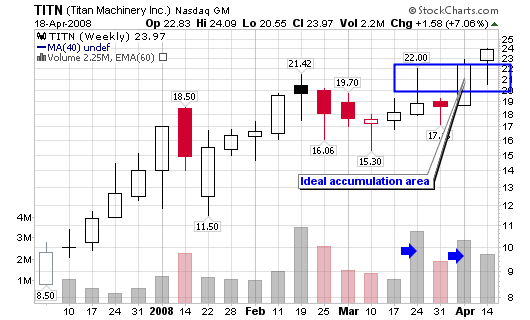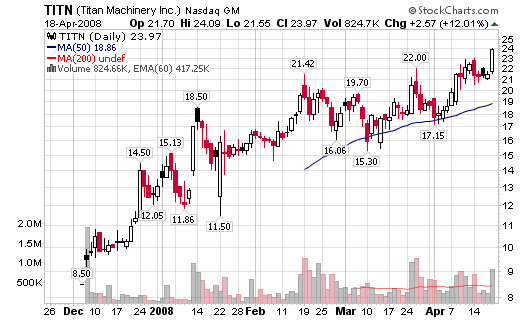Like I mentioned in my last post, I am doing seasonal tax work again this year. As much as I love the work itself, I am actively seeking other forms of employment, because the job environment is simply unbearable. The reason I failed to update this site from January 22 to February 22 is because I was spending most of my waking hours in the tax office. I completed a hundred or so returns, and I also had to schedule dozens of appointments, file a mountain of paperwork, distribute a bunch of checks, and handle the problems of disgruntled and angry clients for hours on end. I worked 197 hours in a month of what is supposed to be a part-time job.
Things have tapered off quite a bit in the past ten days or so, but the incredible stress of the weeks before that won't be soon forgotten. And a lot of my stress could have been mitigated by effective management and proper training of our staff, as well as the thoughtful use of a temp during our busiest times. Here are some of the biggest problems:
- Our manager never bothered to give us any sort of office orientation. In previous years, the office managers have required an hour or two of paid office orientation, wherein they explain the filing system, the office policies and procedures, where to find things and what to do in the event of certain problems. Here this was never done and evidently hasn't ever been done. As a result, both old and new preparers are clueless about how the office runs, which leads to a lot of wasted time and dissatisfied clients.
- Where I work, payroll is king. The #1 goal of all office managers is to keep the personnel budget as low as humanly possible. It's a noble goal but it results in some stupid decision-making. My manager tries to save money by not hiring a secretary, and instead relying on tax preparers to answer the phones and schedule appointments. During our peak season this is a terribly short-sighted move, as this causes most preparers to quickly reach overtime, when we become more expensive than a minimum-wage temp. With the overtime my office has paid me alone, they could have hired a secretary for 28 hours. Even having someone around to answer the phones, help with the filing, and scheduling appointments during the busiest three hours of the day would have helped maintain a lot of sanity. Saving them a few bucks on payroll seriously backfired this year.
- I have a dreaded micromanager boss. Have you ever worked with someone who hyper-scrutinizes everything you do in an attempt to hide their own incompetence? This is the exact type of person my boss is. He knows very little about much at all, but more than makes up for it by driving me (and everyone else in our office) crazy. His philosophy seems to be that of a headmaster, where he looks and looks for the tiniest mistake, which was probably made due to a lack of proper training in the first place, and then rails on you for it. I'm pretty good humored and turn a deaf ear to it, because I know he's crazy, but he's driven a lot of my co-workers to tears. It will be interesting to see what the retention rate is going to be for next year. I really enjoy the work and am good at it, but even I am hitting my limits with the abuse.
- Despite being a micromanager, my boss does not delegate tasks well. Generally, delegation seems to be, "Make Dimes do it because she knows how." A lot of things don't get done because people either don't know how to do them or that they are supposed to do them. One preparer steadfastly refuses to answer the telephone, label and file tax returns, call clients, or do anything besides write returns. While not very team-oriented, that behavior was acceptable for peak, but now that business has slowed down, he needs to contend with a lot of other tasks aside from writing returns. Instead, he tries to leave during slow periods instead of checking to see what non-return-writing activities need to be done. I suppose at this point it's appropriate to add that this particular preparer has completed the most returns in the whole office.
- Climate control in our office is horrible. Our customers are constantly complaining about the temperature in the office, and a lot of preparers have a difficult time working because it is so cold. Fingers get numb, leading to typing mistakes, and the cold is actually a major distraction to workers and clients alike. If we turn off the AC, the temperature soars 15 degrees in an hour, and the office gets terribly stuffy. There doesn't seem to be a workable compromise.






 That’s how much money you and I and every household in the good old USA owe toward the National Debt (according to Leah Iacocca)..
That’s how much money you and I and every household in the good old USA owe toward the National Debt (according to Leah Iacocca)..